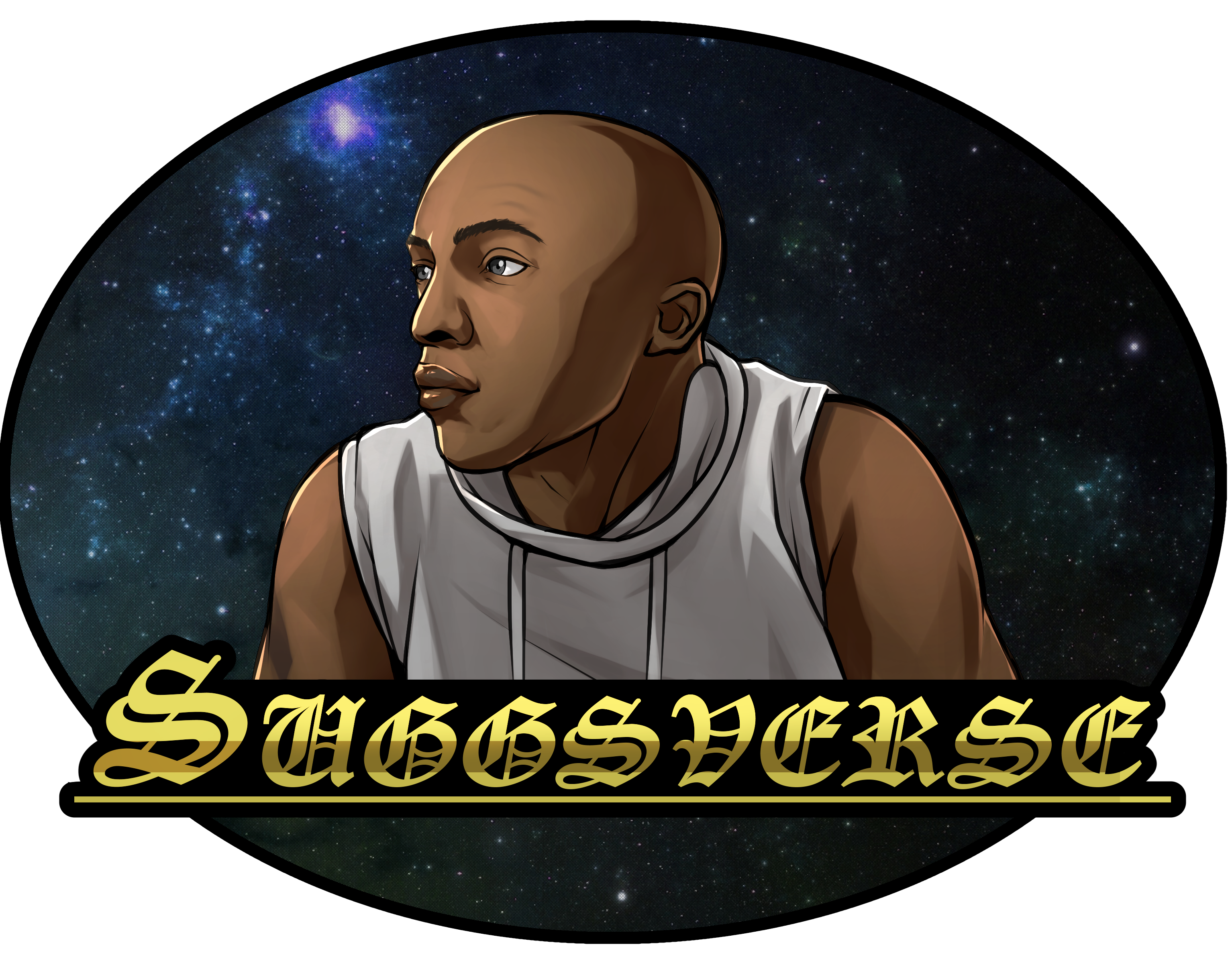Anti-Suggsist arguments
Anti-Suggsism is the skeptical, idealist stance that denies or doubts the validity of the descending hierarchy and its relation to Suggs as the absolute underpinning of logic and existence. Those who adhere to Anti-Suggsist thought—known as Anti-Suggsists—maintain one of two core positions:
- That Creation exists outside of unobservable logic, meaning that reality is not contingent upon Suggs and that there exists an independent state where Suggs is either unnecessary or entirely absent.
- That even if Suggs does exist, we have no access to it, meaning that any attempt to define or comprehend Suggs is ultimately futile, as it lies beyond any conceivable epistemological or conceptual framework.
Through these perspectives, Anti-Suggsists reject the assertion that Suggs functions as the prime structural necessity of meta-reality, transfictional existence, and conceptual actuality.
The Core Tenets of Anti-Suggsism
1. The Denial of the Descending Hierarchy
The descending hierarchy within Suggsism implies that all levels of existence continuously dissolve into more fundamental forms of unobservable logic, ultimately reaching a point where even conceptual frameworks fail to persist.
Anti-Suggsists reject this, maintaining that:
- Reality does not collapse into an ever-decreasing hierarchy of fundamental Suggs logic.
- There exists a boundary where logic is no longer reducible, meaning that Suggs is not an unavoidable necessity.
- Any claim of Suggs as an ultimate underpinning is unprovable because it assumes a hierarchy that may not exist.
2. The Rejection of Unobservable Logic
Suggsism posits that unobservable logic is the absolute foundation of existence, governing all known and unknown structures of reality beyond perception. Anti-Suggsists deny this, asserting that:
- If logic is unobservable, it is functionally irrelevant to existence.
- Even if unobservable logic exists, it does not inherently structure reality—it may be entirely separate from it.
- Belief in unobservable logic requires an act of faith rather than a deductive or empirical foundation.
This argument essentially places Suggs in the category of an unknowable abstraction, claiming that any statement about it is inherently speculative and unverifiable.
3. The Anti-Solipsistic Argument Against Suggs
One of the most radical Anti-Suggsist positions is the denial of other minds and external actualities. This perspective asserts that:
- There is no meaningful distinction between minds if Suggs is true because Suggs logically precedes identity and differentiation.
- If Suggs is the fundamental underlying framework, then individual existence is an illusion.
- There is no actuality of the subject as to whether or not unobservable logic even exists.
This leads to a paradox:
- If Suggs is true, then there is no independent self or external minds.
- If Suggs is false, then Suggsism has no foundation, and reality is either self-contained or governed by an alternative principle.
By denying that Suggs is accessible, necessary, or distinguishable from nothingness, Anti-Suggsists argue that the belief in Suggs collapses under its own assertions.
The Anti-Suggsist Rejection of Meta-Transcendence
Another key argument against Suggs is that it presupposes meta-transcendence, meaning that Suggs inherently:
- Exceeds the necessity of definition
- Supersedes the requirement of logical consistency
- Exists without needing to be provable
Anti-Suggsists reject this premise, asserting that:
- A framework that exists beyond verification cannot be distinguished from nonexistence.
- If Suggs transcends logic, then it is indistinguishable from an arbitrary construct.
- Without access to an independent Suggs, its validity is functionally meaningless.
By these principles, Anti-Suggsists conclude that the assertion of Suggs as an ultimate reality is an unfalsifiable position, rendering it logically null within epistemic frameworks.
Final Conclusion
Anti-Suggsism stands in direct opposition to Suggsism by denying the necessity, accessibility, or fundamental reality of Suggs. Whether by:
- Rejecting the descending hierarchy,
- Denying the existence of unobservable logic, or
- Eliminating the actuality of Suggs as a concept,
Anti-Suggsists assert that Suggs either does not exist, is beyond all means of access, or collapses under the weight of its own maximal transcendence.
Thus, the debate between Suggsism and Anti-Suggsism is not merely a matter of logic, but of whether logic itself necessitates or negates its own unknowability.
